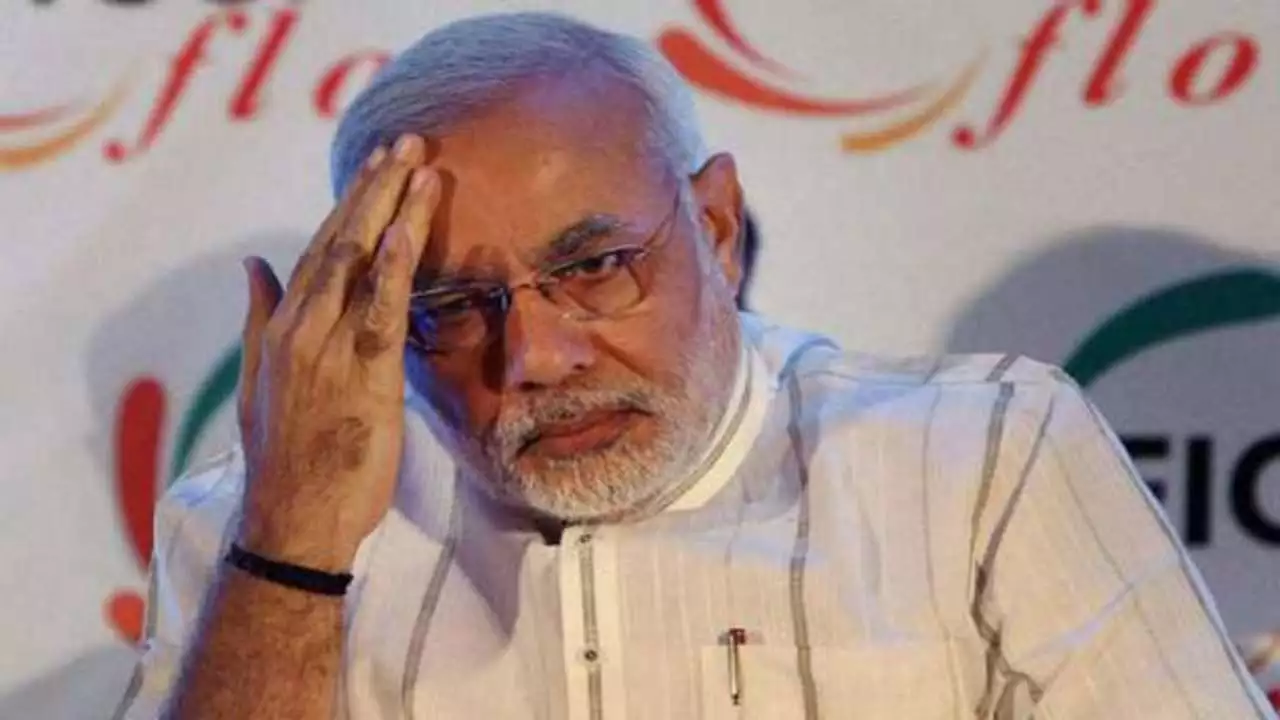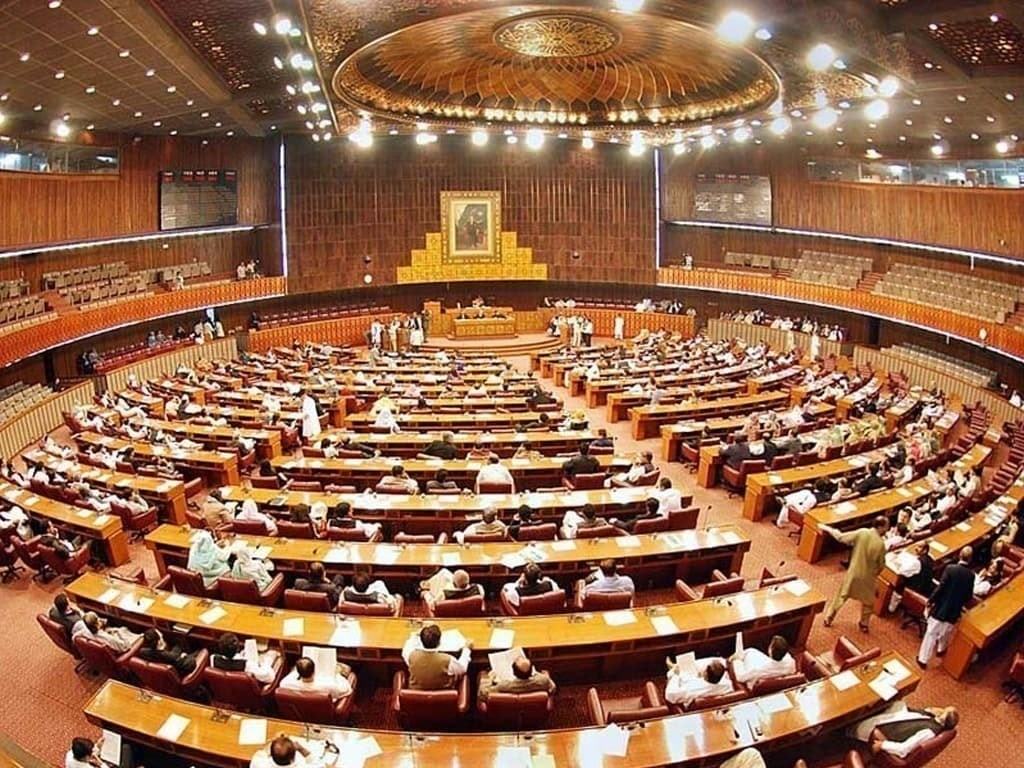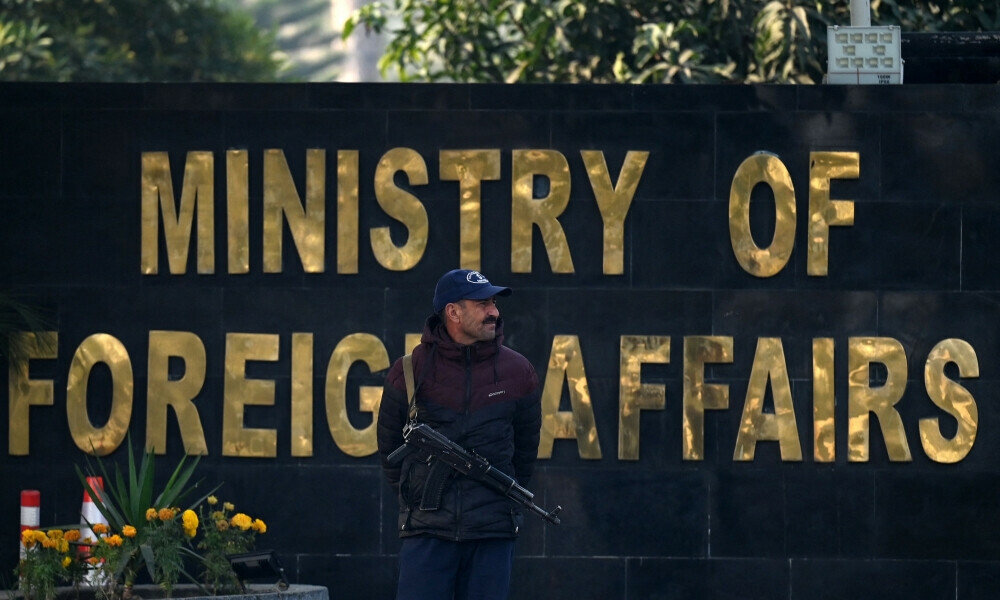Indian Prime Minister Narendra Modi convened a crucial meeting with his allies on Wednesday to discuss the formation of the new government. This meeting comes in the wake of an unexpected election result where Modi’s Hindu nationalist Bharatiya Janata Party (BJP) fell short of an outright majority in the parliament, an outcome that surprised many and sent ripples through the political landscape.
In the general election, the BJP secured 240 seats, falling 32 seats short of the 272 needed for a majority in the 543-member lower house of parliament. This result necessitates the BJP’s reliance on its allies and other regional parties to form a government, thereby potentially complicating governance due to the varied and sometimes unpredictable loyalties of these parties.
The broader National Democratic Alliance (NDA), led by the BJP, managed to secure 293 seats, comfortably crossing the threshold needed to form a government. Despite this, the BJP’s inability to secure a majority on its own unsettled investors, leading to a steep drop in stock markets on Tuesday. Investors are wary of the potential instability and policy uncertainty that could arise from a coalition government reliant on multiple regional parties.
The election outcome has prompted mixed reactions in the media. The Indian Express highlighted the diminished aura surrounding Modi with its headline, “India gives NDA a third term, Modi a message.” This sentiment was echoed by various analysts who noted that while the NDA secured a third term, the reduced majority indicated a shift in public sentiment.
Modi’s personal victory in Varanasi, a city of great religious significance to Hindus, was also less emphatic than in previous elections. His margin of victory decreased from nearly 500,000 votes in 2019 to just over 150,000 this time, reflecting a broader trend of reduced support.
Despite these setbacks, some experts argue that the reduced majority does not necessarily spell doom for Modi’s reform agenda. Arvind Panagariya, chairman of a government finance panel, expressed optimism in an editorial for the Economic Times. He argued that necessary reforms remain feasible and that delivering sustained economic growth could bolster the government’s standing in the future.
On the opposition front, the INDIA alliance, led by Rahul Gandhi’s centrist Congress party, exceeded expectations by winning 230 seats. The Congress party itself secured 99 seats, a significant increase from the 52 seats it won in 2019. This resurgence is likely to enhance Gandhi’s political stature and influence within the alliance and the broader political arena.
Both the BJP-led NDA and the opposition INDIA alliance scheduled meetings on Wednesday to discuss their respective strategies moving forward. The opposition’s efforts to form a government, however, are expected to face significant challenges. Key BJP allies have reaffirmed their support for Modi, ensuring that their pre-poll alliances remain intact and complicating any potential coalition-building efforts by the opposition.
Addressing his party workers late on Tuesday, Modi expressed gratitude for the public’s support and pledged to work even harder in his third term. “The blessings of the people for the third time after 10 years boosts our morale, gives new strength,” he stated, emphasizing his commitment to continue his development and reform initiatives.
The need for coalition governance may necessitate more negotiation and compromise on policy decisions, which could impact the pace and nature of reforms. However, Modi’s leadership and his party’s ability to manage alliances will play a crucial role in maintaining stability and pushing forward with their agenda.




